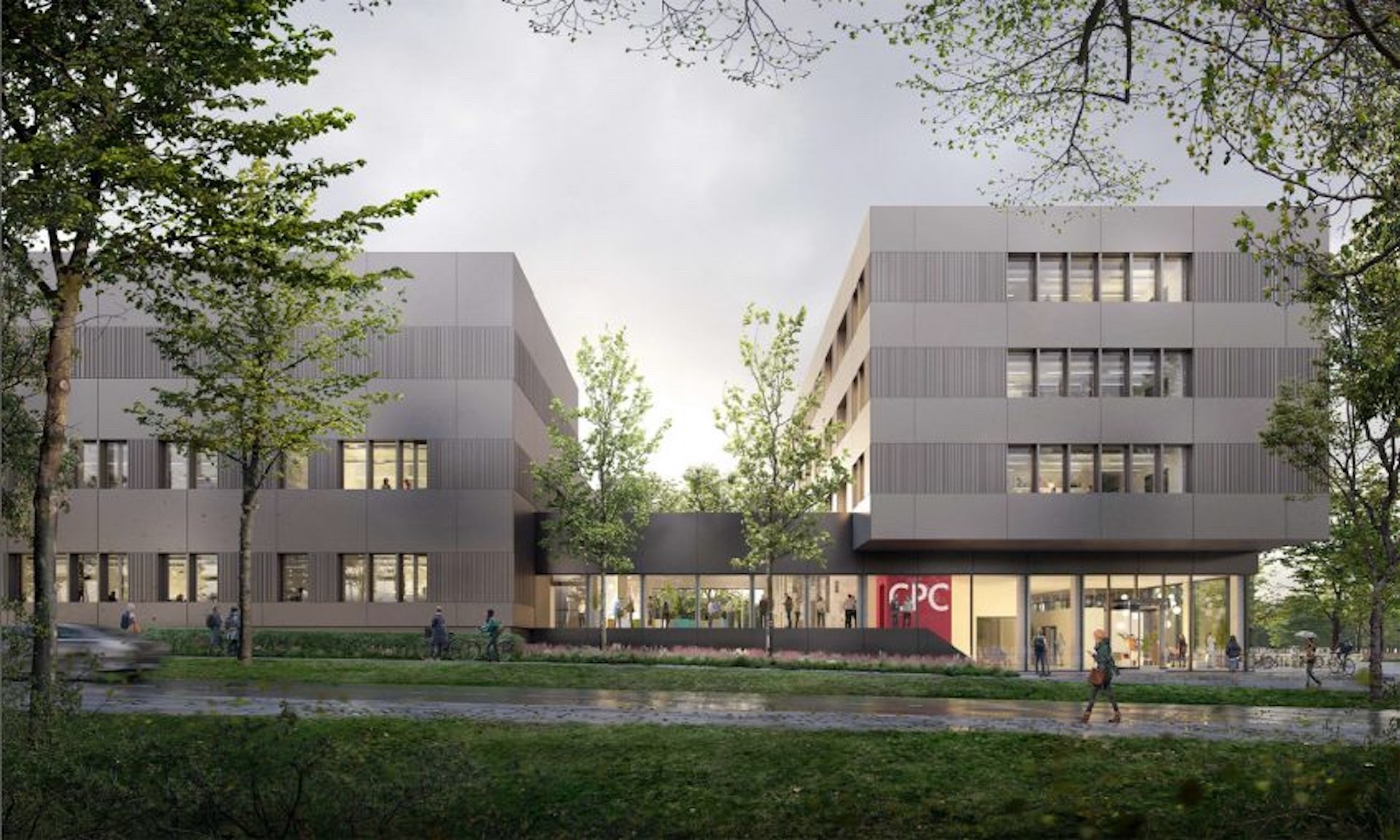Construction starts on €73m research centre for circular battery manufacturing
The Center for Circular Production of Next Batteries and Fuel Cells will develop integrated recycling and production processes for advanced battery technologies, becoming operational in 2027

The Center for Circular Production of Next Batteries and Fuel Cells (CPC) is set to finish construction and begin operations in 2027. The facility will be focused on integrating recycling and resynthesis processes throughout the complete production cycle of batteries and fuel cells, starting from the product development stage.
Research will concentrate on solid-state batteries, membrane-based flow batteries, fuel cells, and metal-oxygen systems. A key focus will be recovering critical raw materials and processing them into high-purity active materials.
The CPC will house 150 scientists from process engineering, recycling, manufacturing technology, chemistry, physics, and logistics who will collaborate to develop closed material cycles. This approach aims to ensure the sustainable use of valuable resources such as lithium, cobalt, and nickel.
The new research building will span 3,700 square metres across an office wing and technical centre. State and federal governments are providing €65 million of the total budget, with Lower Saxony contributing €38.6 million, and the federal government adding €26.4 million. The University of Braunschweig will provide the remaining €8 million.
"The central goal of the CPC is the complete integration of recycling and resynthesis processes into the circular production of new generations of batteries and energy converters, starting in the product development phase," explained Professor Arno Kwade, spokesperson for the facility.
By 2031, new electric vehicle batteries sold in the European Union must contain minimum recycled content of six per cent lithium, six per cent nickel, and 16 per cent cobalt. These targets could increase further by 2036.
The CPC aims to establish competitive battery production and recycling capabilities in Germany by 2035, with Prof. Arno Kwade calling the project "a crucial contribution to Germany's high-tech agenda and technological sovereignty".
Strategic research ecosystem
The facility will operate within the Braunschweig LabFactories for Batteries and more (BLB+), hoping to harness the country’s capabilities in sustainable energy storage and fuel cell research. This regional network combines expertise from TU Braunschweig, the Fraunhofer-Gesellschaft, TU Clausthal, Physikalisch-Technische Bundesanstalt, the national metrology institute (PTB), and Leibniz University Hannover.
The new centre is located at Braunschweig Research Airport, adjacent to existing battery research infrastructure, including the Battery LabFactory Braunschweig (BLB) and the Fraunhofer Center for Energy Storage and Systems (ZESS). This proximity aims to support both mobility research and Lower Saxony's broader energy transition strategy.
Professor Angela Ittel, President of TU Braunschweig, highlighted the facility's innovative potential: "The CPC will be both a place for alchemists in the best sense, combining knowledge, technology, and creativity, and a place for curious explorers who have the courage to question established production logics."






